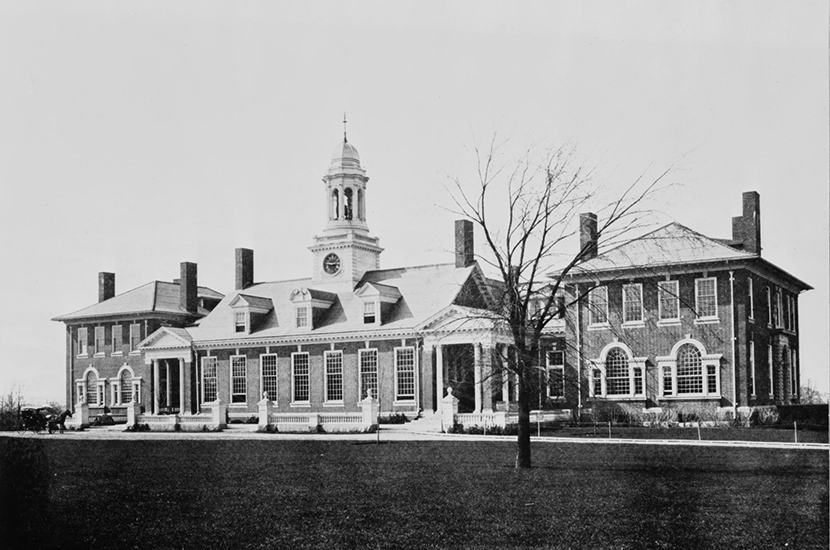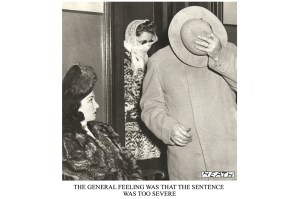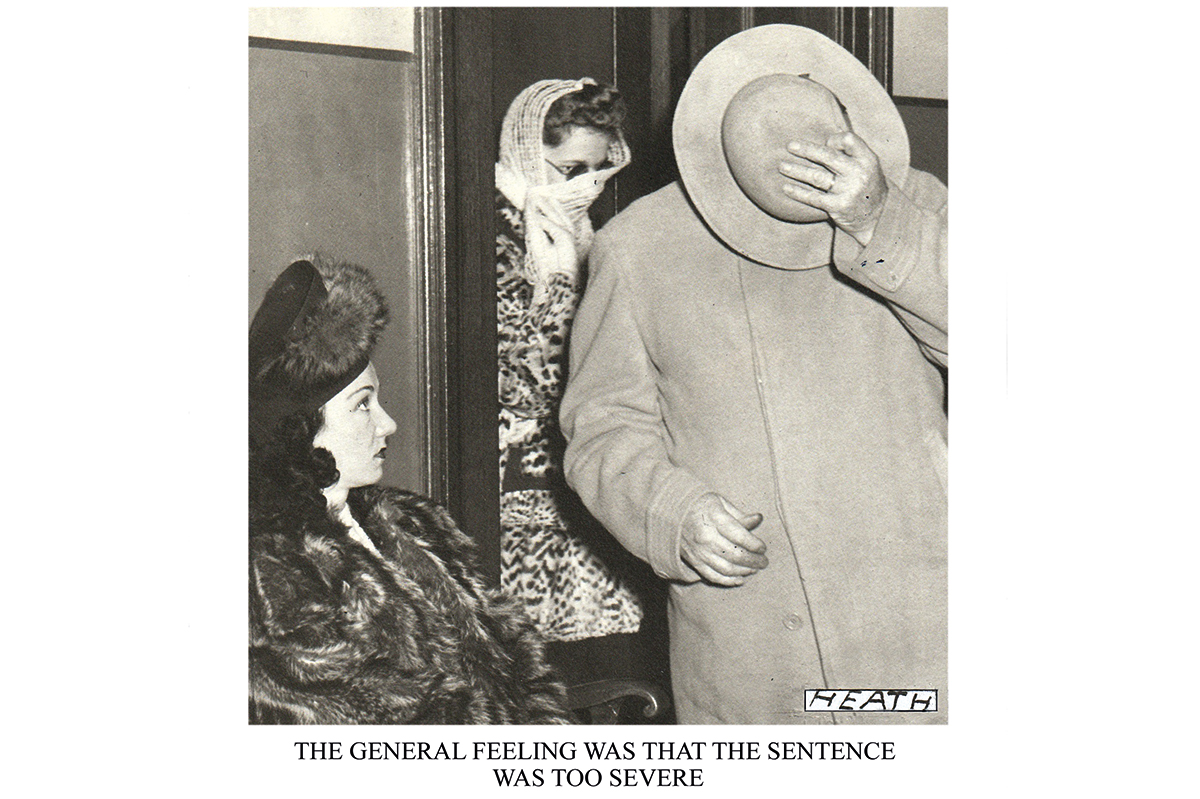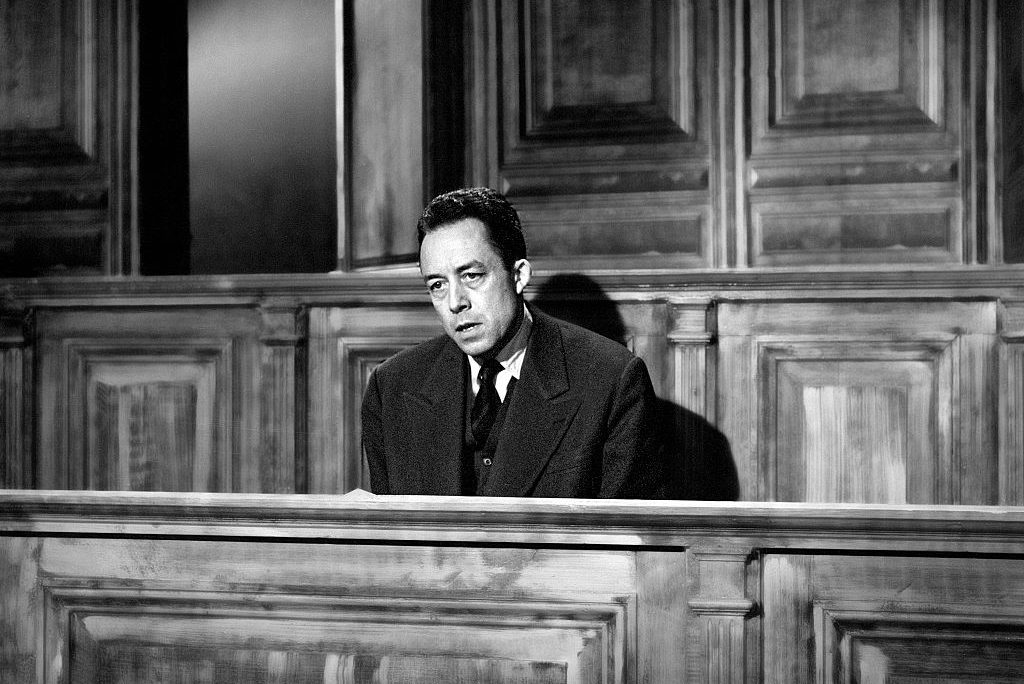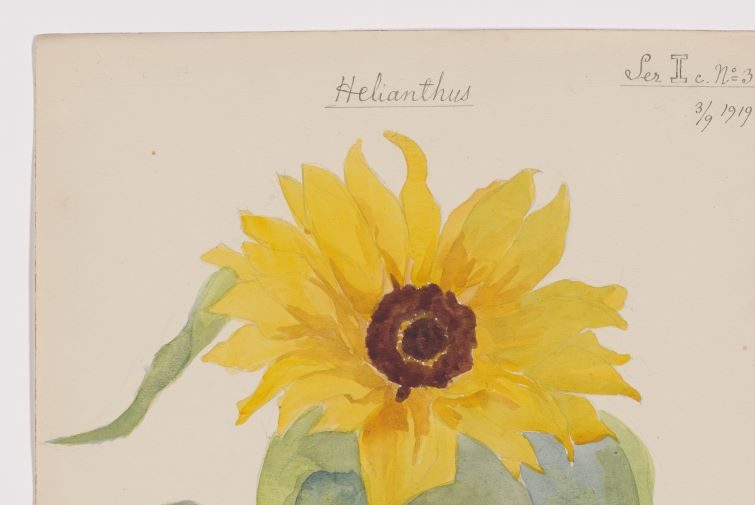New York
With the Karamazovian hangover now only a weekly occurrence, the healthy life rules supreme. Well, most of the time. Up early, I go for a brisk 30-minute walk, then it’s breakfast in the park that stretches out two blocks away. I finish off with two sets of 20 push-ups on a park bench, a few kicks and punches using leaves as targets, then cross Fifth Avenue going east. (Karate is now a three-night-a-week activity, and I’ve given up Judo as it takes up too much time and needs too many partners.) I then buy the papers from a friendly Indian, get my first coffee of the day from a friendlier Greek, and return to my flat in the 1928 art-deco marvel that is my Park Avenue abode. I exchange jokes about their sex life with the three uniformed doormen who are from Puerto Rico, Howard Beach and Montenegro, then tuck into a hearty breakfast prepared by Margarita, the Colombian lady who has been with me for 40 years in New York, brought up my two children, and still cannot speak a word of English.
So I was surprised the other day, as I was crossing Park Avenue, when a nice-looking young man asked me in English if I was ‘Taki of The Spectator?’ All the more surprised since I was wearing a mask. He turned out to be as pleasant as he looked, and later in the week he sent me a book about the boarding school he attended, Groton. Ted Leonhardt is co-author of the book about his alma mater, and a practicing lawyer. Groton is the American Eton — and then some. In his book Ted explains how Groton’s old-boy network actually made the American century, how the relationships between Groton boys developed in shaping American Cold War policy. The book’s title is Divine Fire: Groton School and the American Century.
Uncle Sam became the indisputable ‘numero uno’ during the 20th century. Franklin Delano Roosevelt, Sumner Welles, Averell Harriman, Dean Acheson, John Hay Whitney, Kermit Roosevelt, William Bundy, Stewart and Joe Alsop, Douglas Dillon and others like them made the country what the fawning lefty media and the degenerate New York Times are doing their best to undo at present: a Christian nation that saved Europe twice, rebuilt the old continent with its capitalist wealth, and destroyed the Marxist dream of world socialism. Those now referred to as superannuated Wasps managed it all, their impeccable manners hiding a will of iron. After them came LBJ, Vietnam, social unrest, too much migration, and the deluge. All great states fall from within and America is no exception. Uncle Sam’s fifth column targeted the family and religion. The monopolies of Silicon Valley turned against those two institutions, as did Hollywood and the media. Once Biden packs the Supreme Court and adds a couple of Democratic stars to the flag, the undoing of America will be complete.
Am I being cloyingly old-fashioned and reminiscing about an Arcadia that never existed, a Norman Rockwell America? If you believe media lies, I suppose that I am. But I lived in this so-called idealized country long ago, and if you don’t agree all you have to do is read today’s newspapers or watch American television. I lived in a two-parent family with traditional beliefs and had a religious upbringing. I now defend a world where pronouns were all-important, and ‘mother’ and ‘father’ were not words to be avoided at all costs. I went to rest rooms marked Men, pursued women, and never knowingly gave a bad sporting call in my life. I was taught all that at home and at boarding school.
Today all this makes me a superannuated fool and bigot. I never felt the consequences of inequality because I was privileged, but nor did I ever feel envy for those more privileged than me. The so-called robber barons who created American wealth left a hell of a legacy behind. The Ford, Rockefeller and Carnegie Foundations have given away billions and continue to do so — alas to mostly leftist causes. Museums such as the Frick and Whitney, medical research, scientific inventions and so on all came from the wealth created by men who were poor once upon a time.
But that was then. Today we have the Sacklers, subjects of a new book that exposes their crimes. In Empire of Pain, the secret history of the Sacklers is meticulously exposed, showing what a callous, entitled and tone-deaf bunch these bums are. Owners of the company that made OxyContin, and recipients of many billions, the Sacklers continue to try to manipulate the media and the Justice Department. OxyContin is part of the opioid epidemic that has killed more Americans than the Nazis and the Japanese did in world war two, 500,000 and counting, yet the Sacklers pocketed more than ten billion greenbacks and have paid only a fraction of that back in fines. Their company rewarded those who turned a blind eye — an FDA reviewer landed a lucrative job a year after approving the deadly drug, a US attorney who raised alarms quickly became a company consultant — like the Mexican drug dealer El Chapo, but here’s the rub. The Mexican is rotting away in jail and his moolah’s gone.
The Sacklers are in Gstaad and in Florida and have their money. Where’s the RICO justice? This is the America the degenerate Times should be railing against, not the America Groton and other schools made great long ago.
This article was originally published in The Spectator’s UK magazine. Subscribe to the World edition here.



